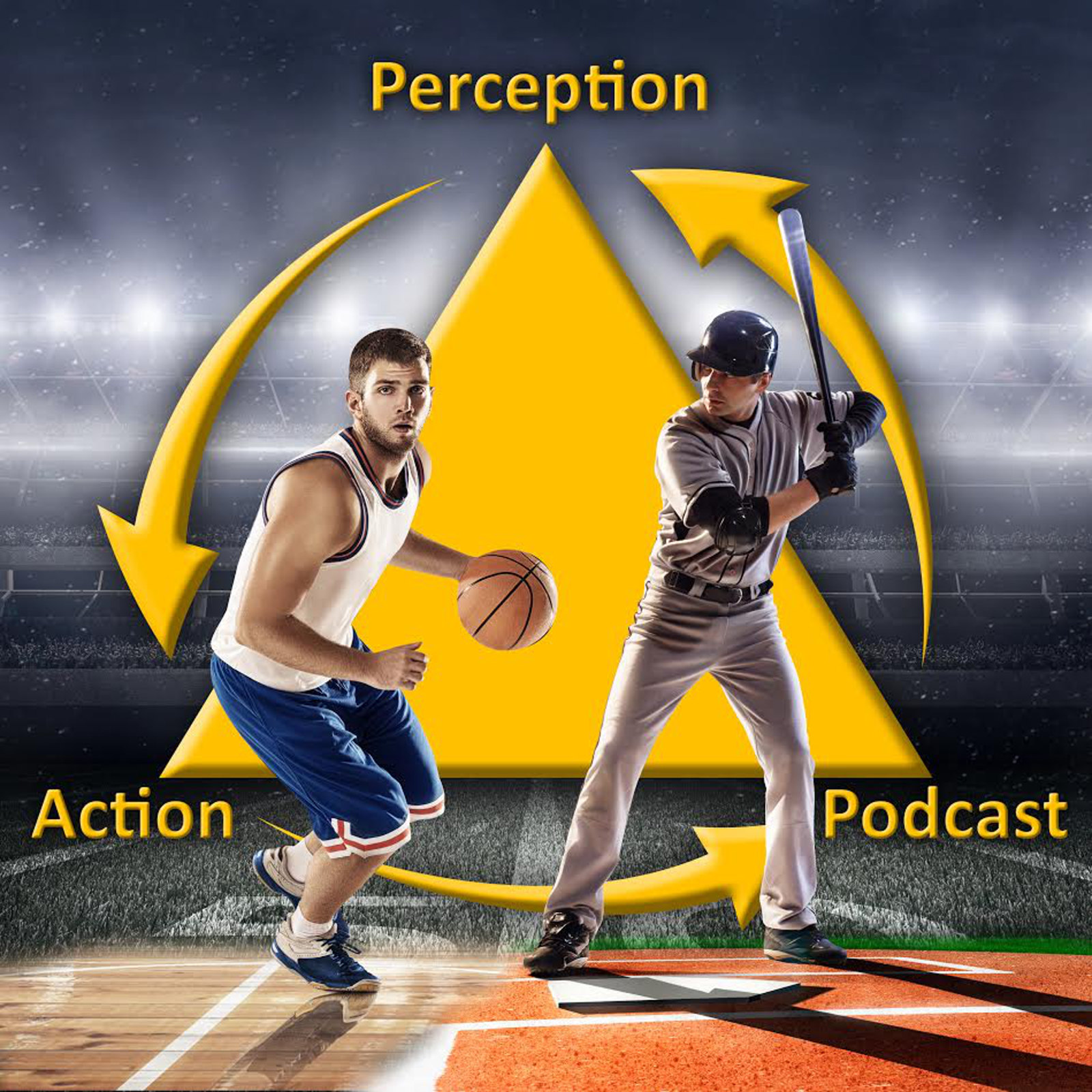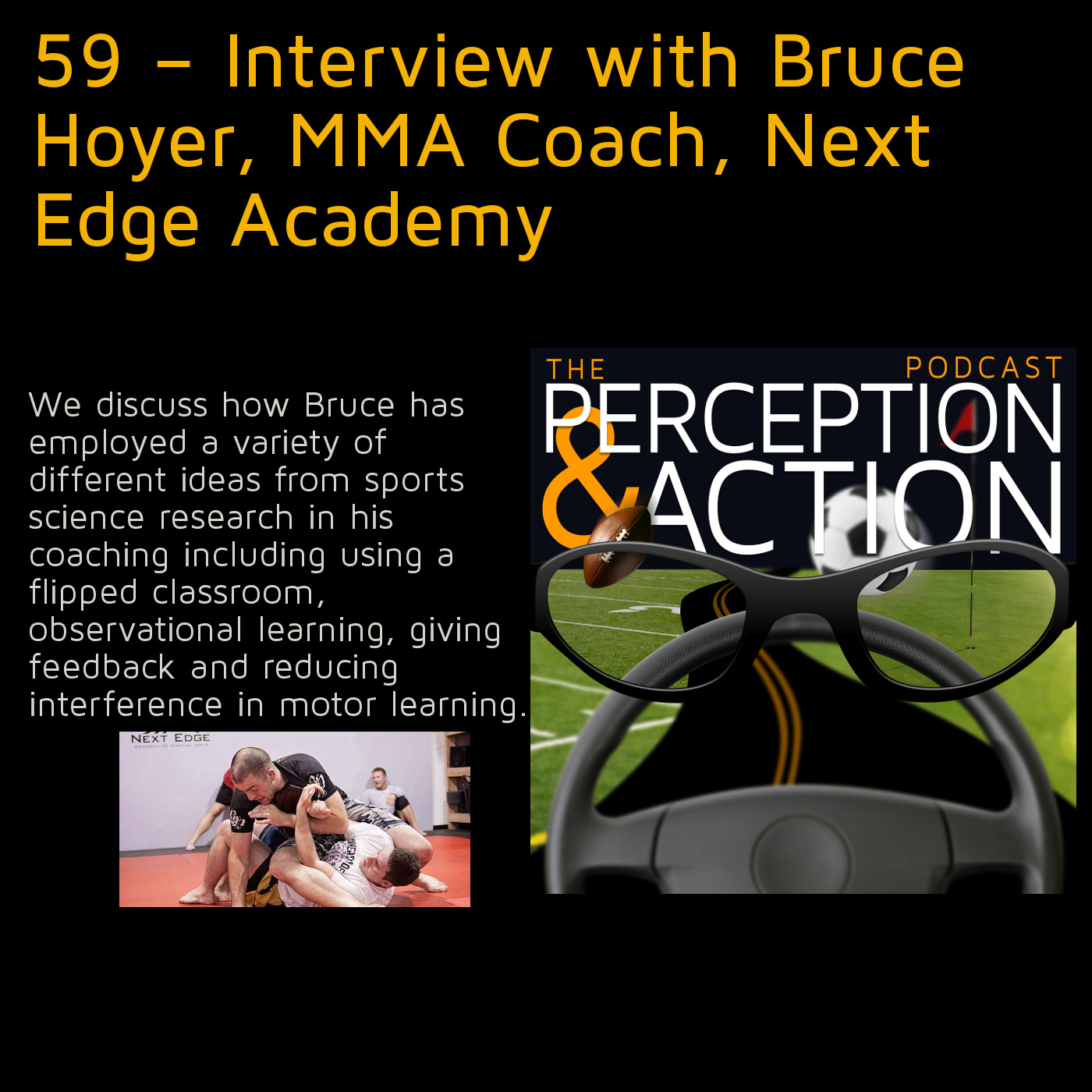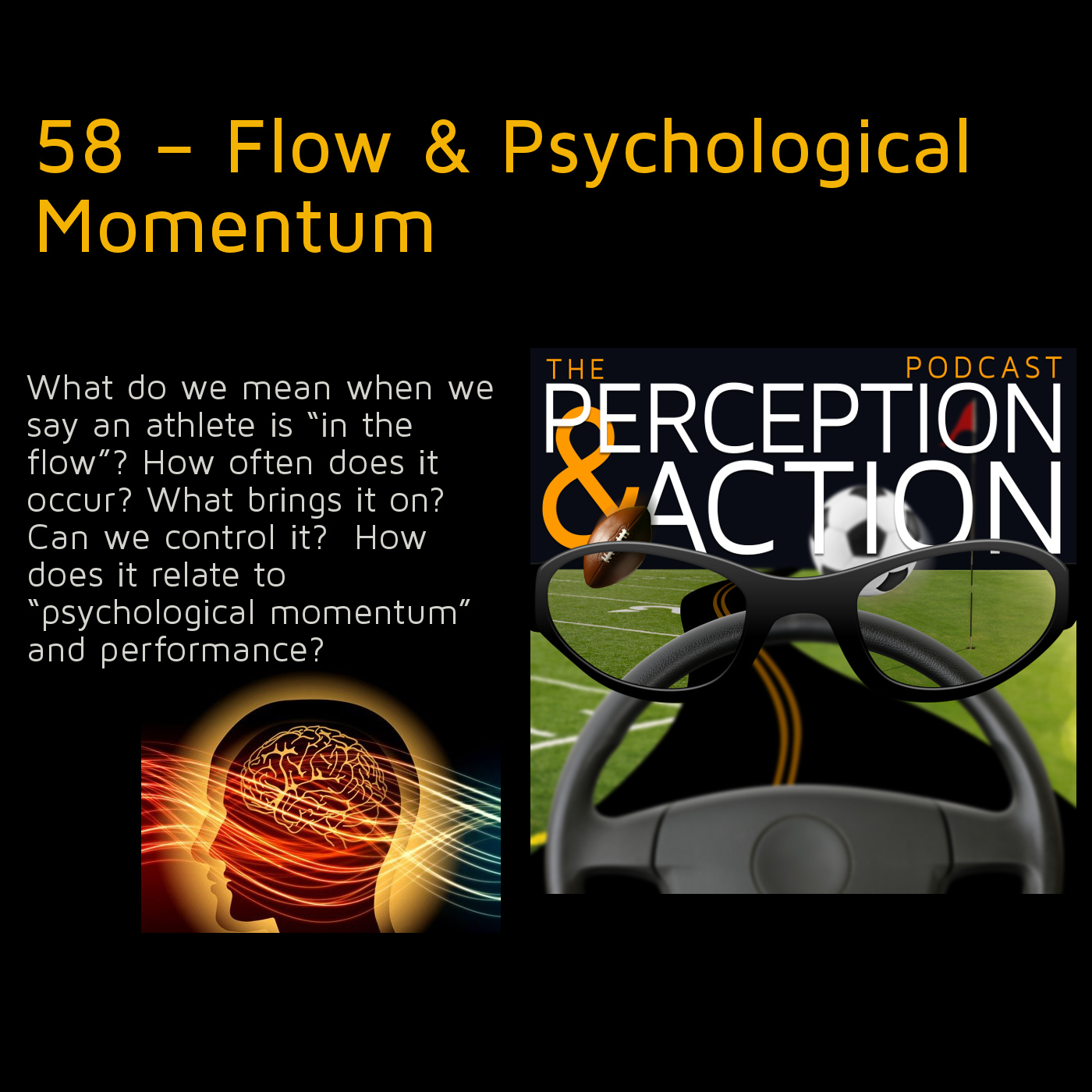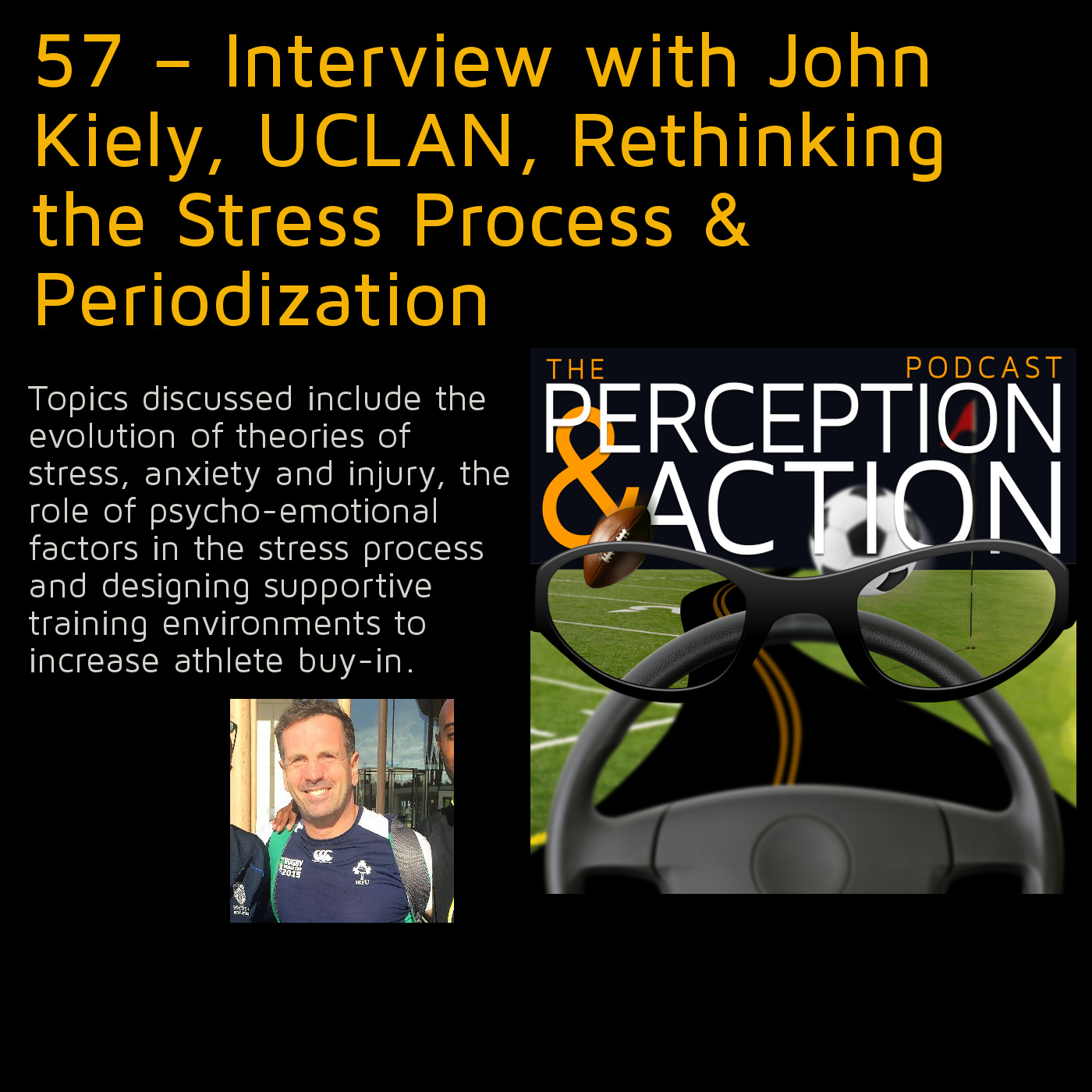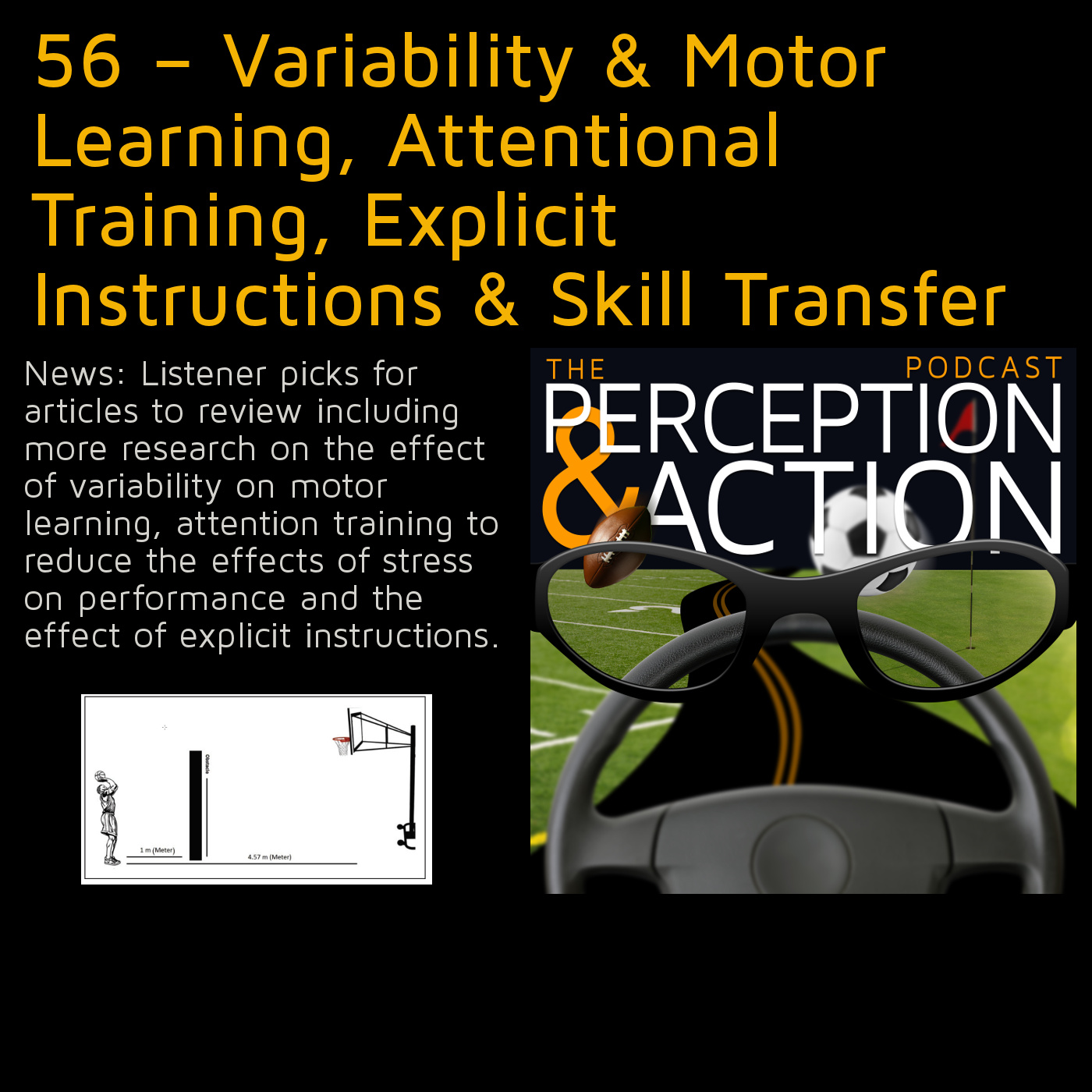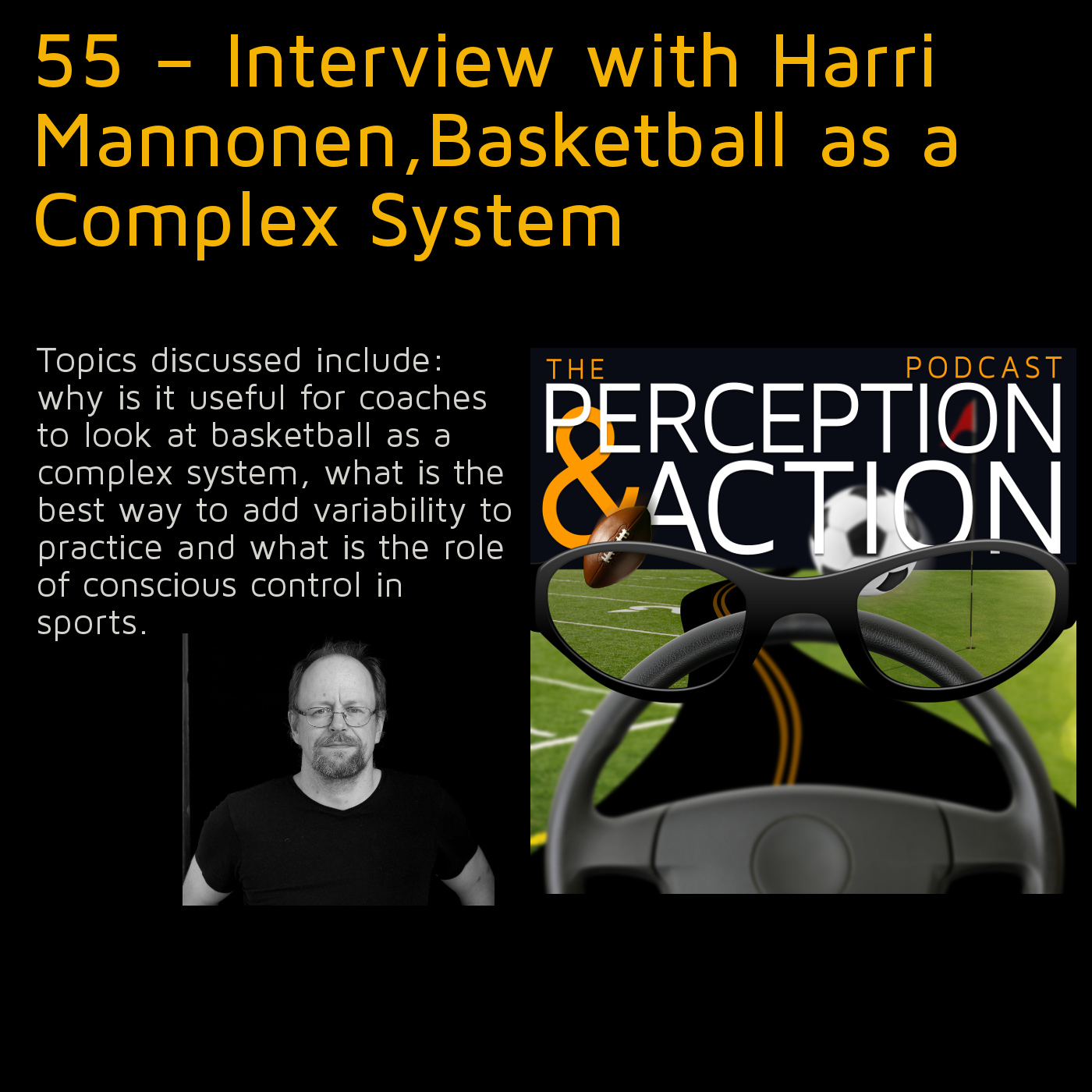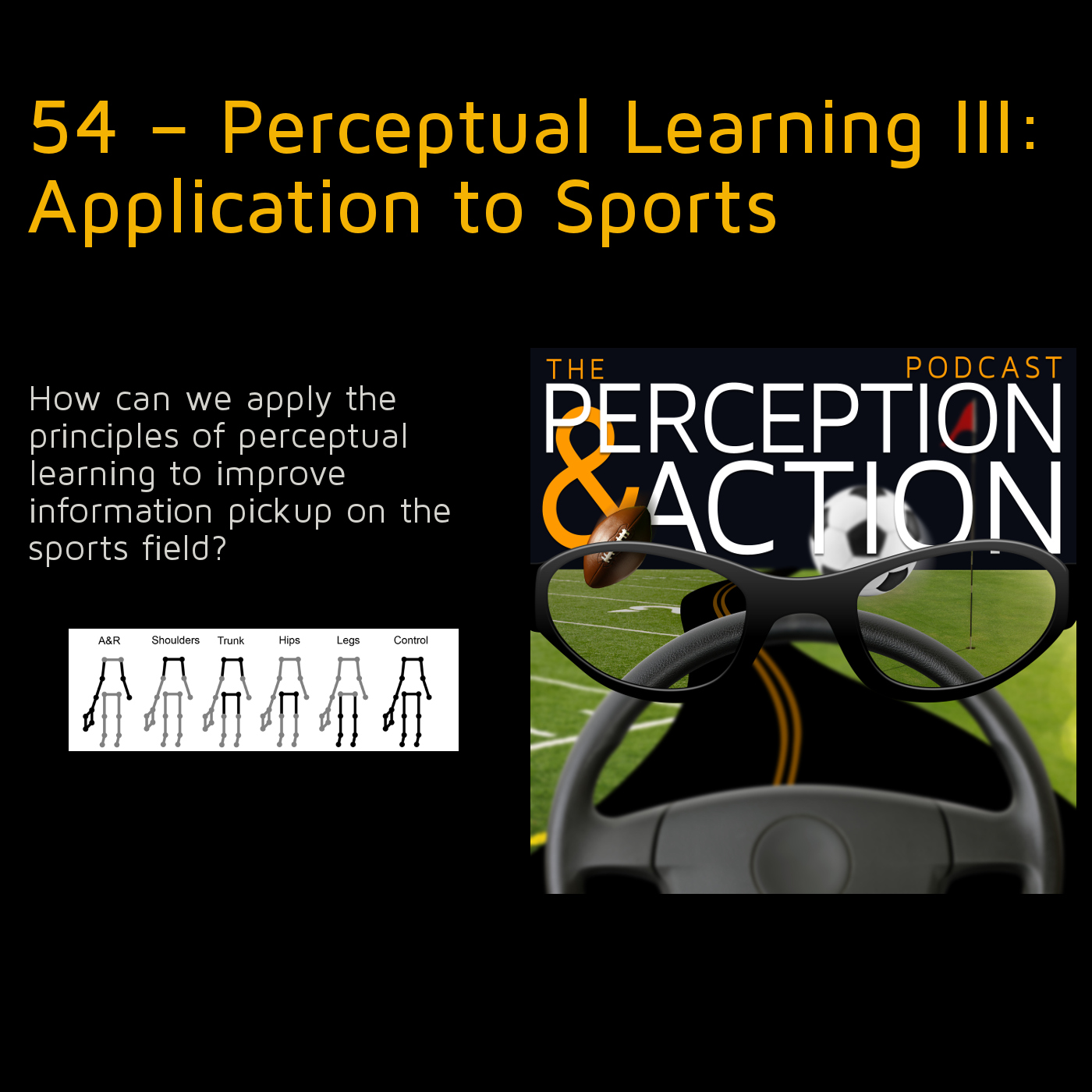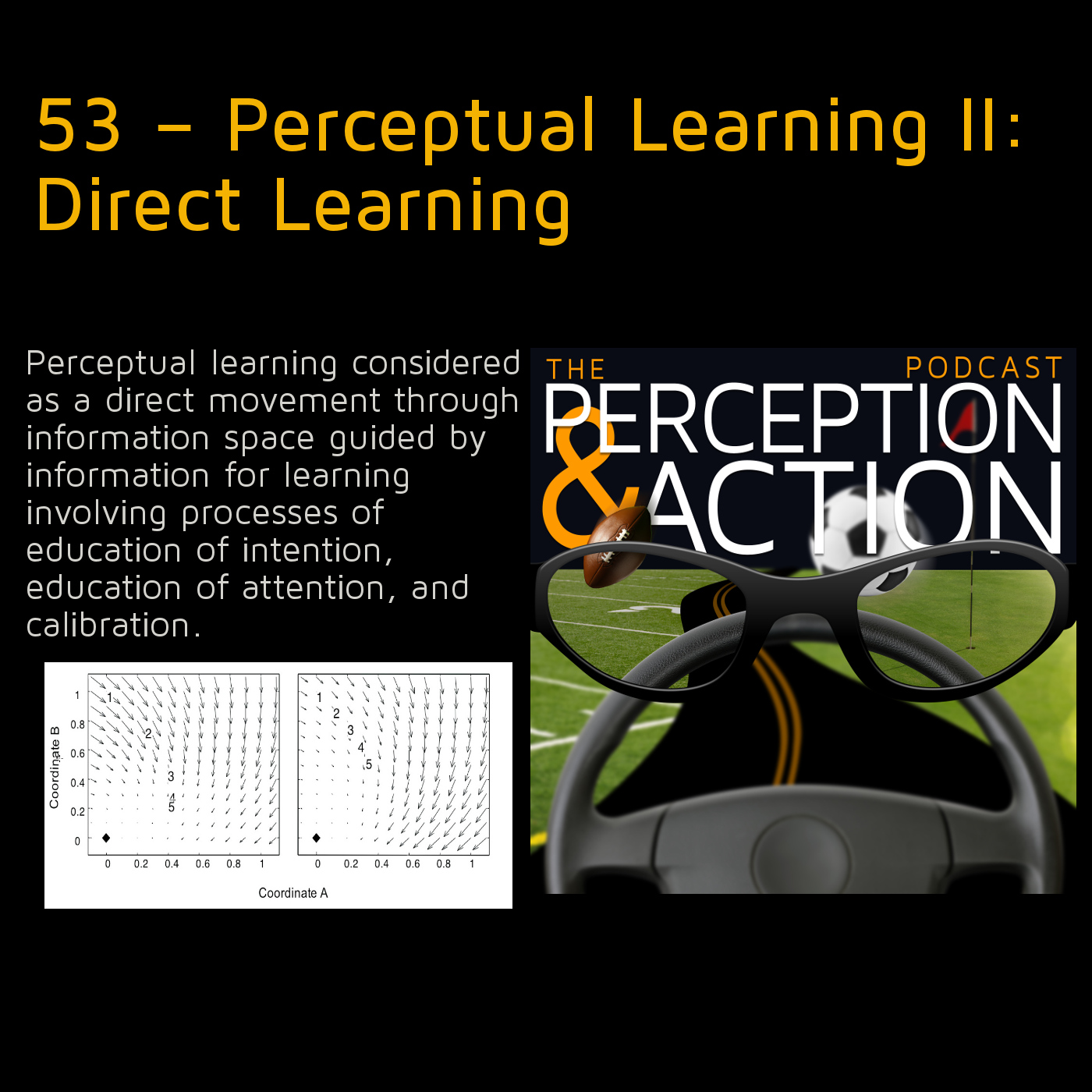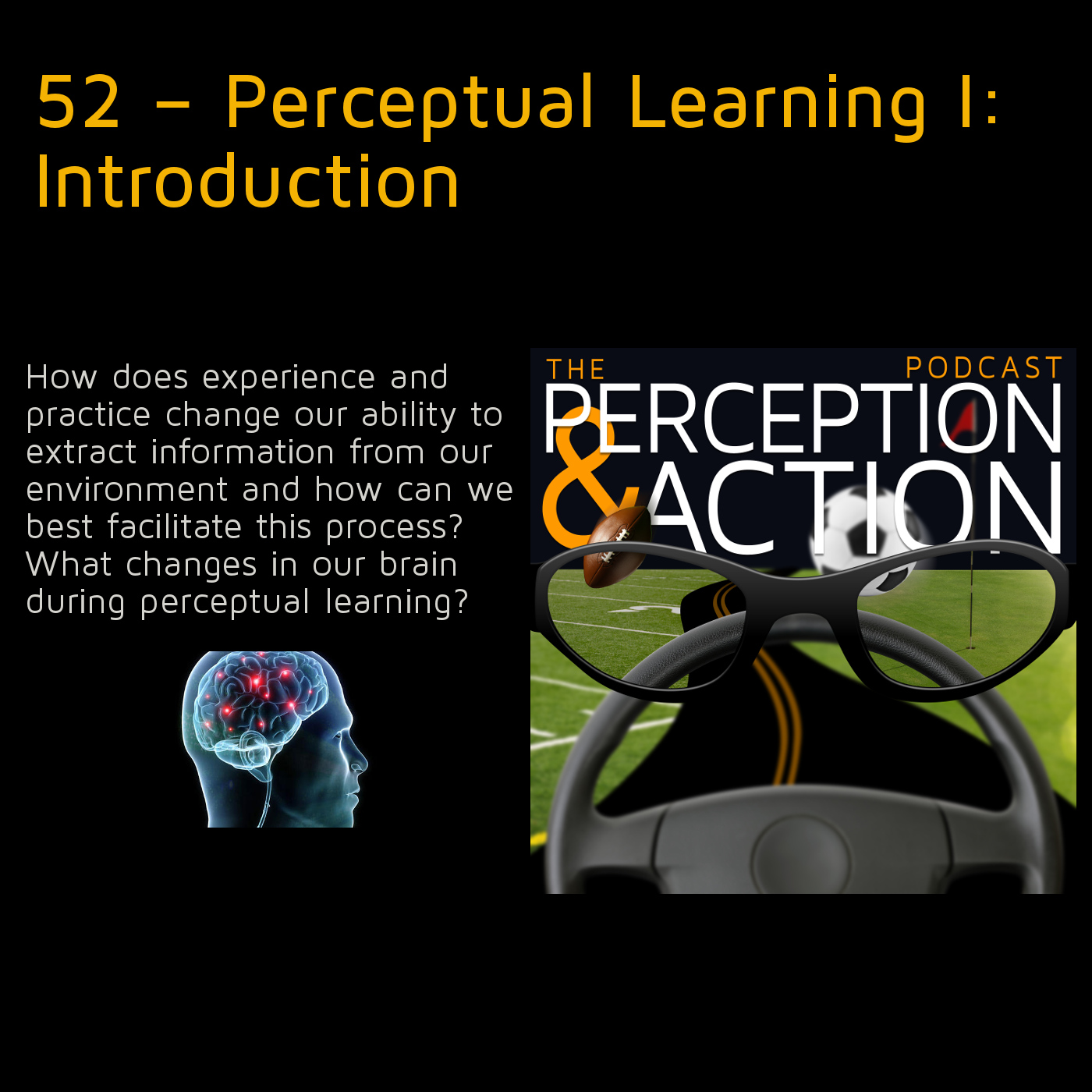New VR Transfer of Training Paper
Just wanted to share the abstract for a new paper I am writing up over the summer looking at transfer of training from real to virtual baseball batting. This is a labor of love based on over 10 years of data collection! Gray Frontiers VR Training baseball For those that have access, this was also…
Read More